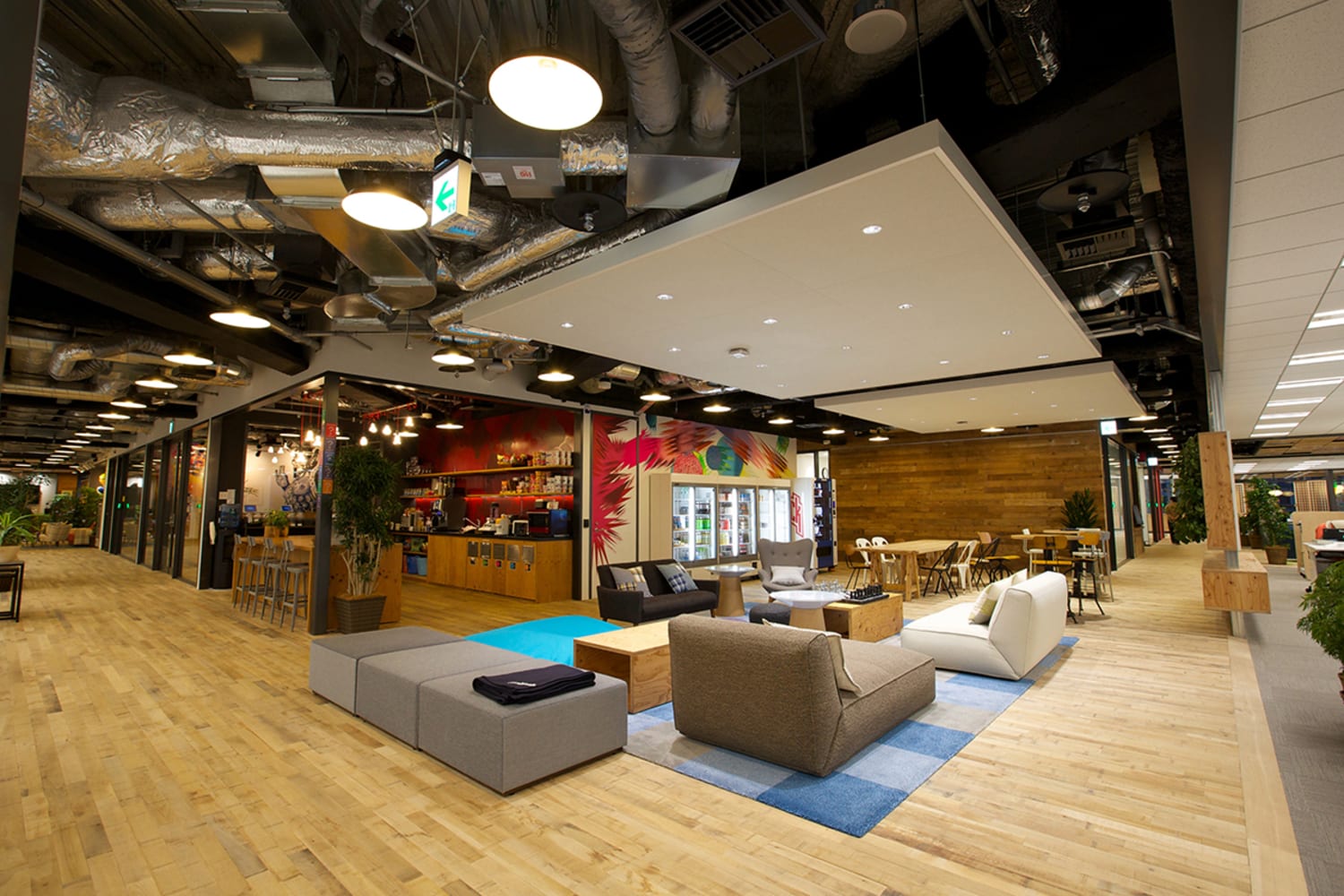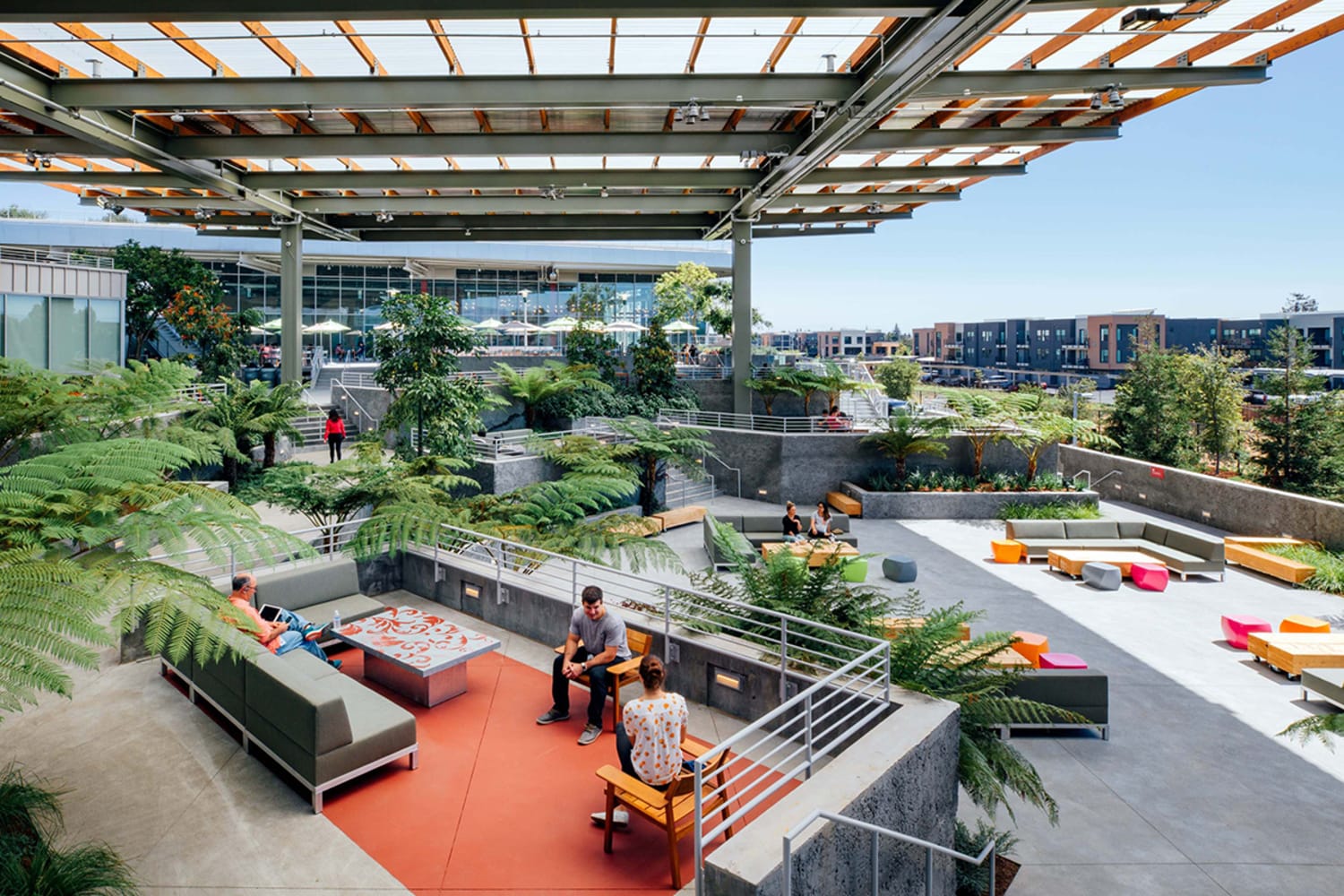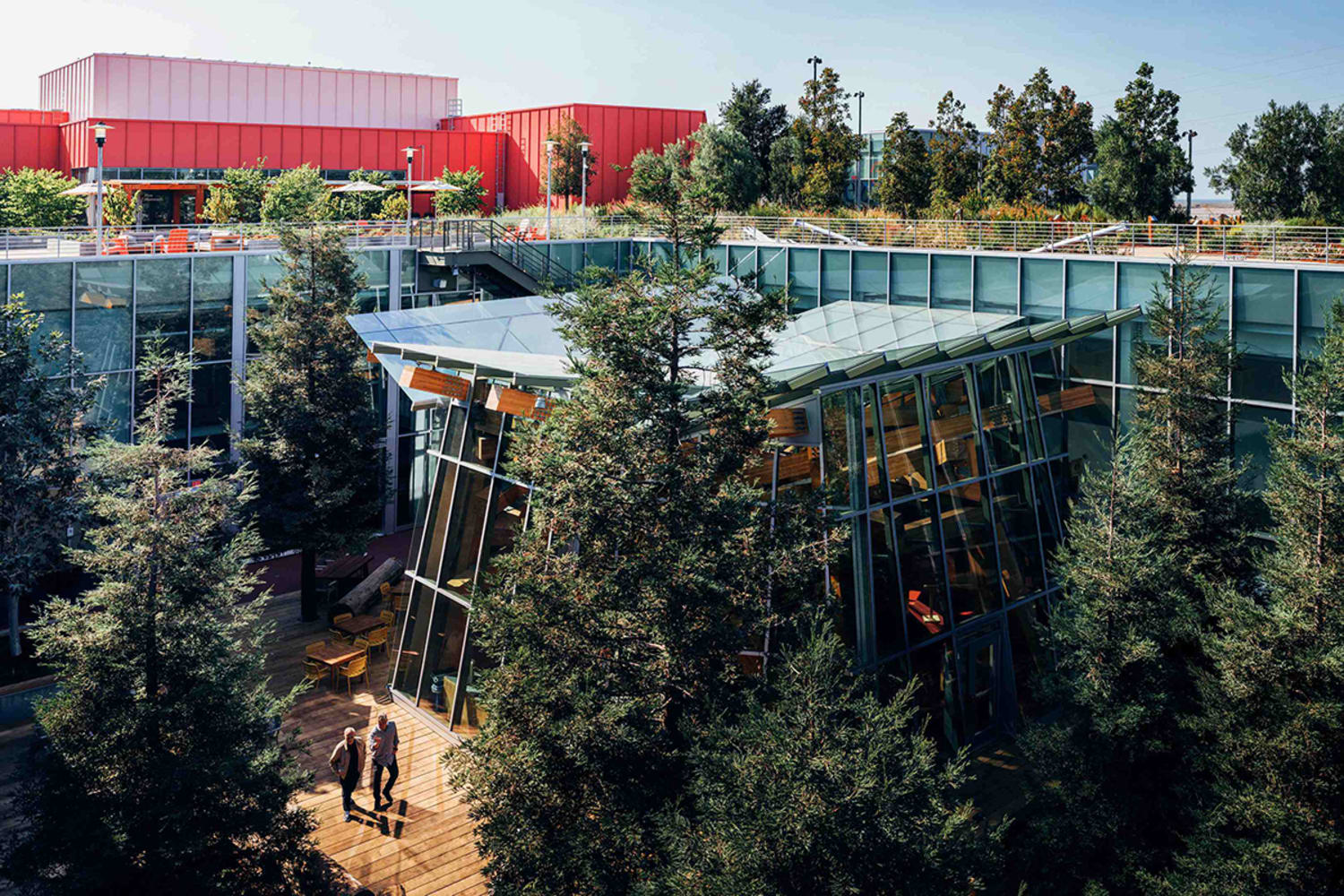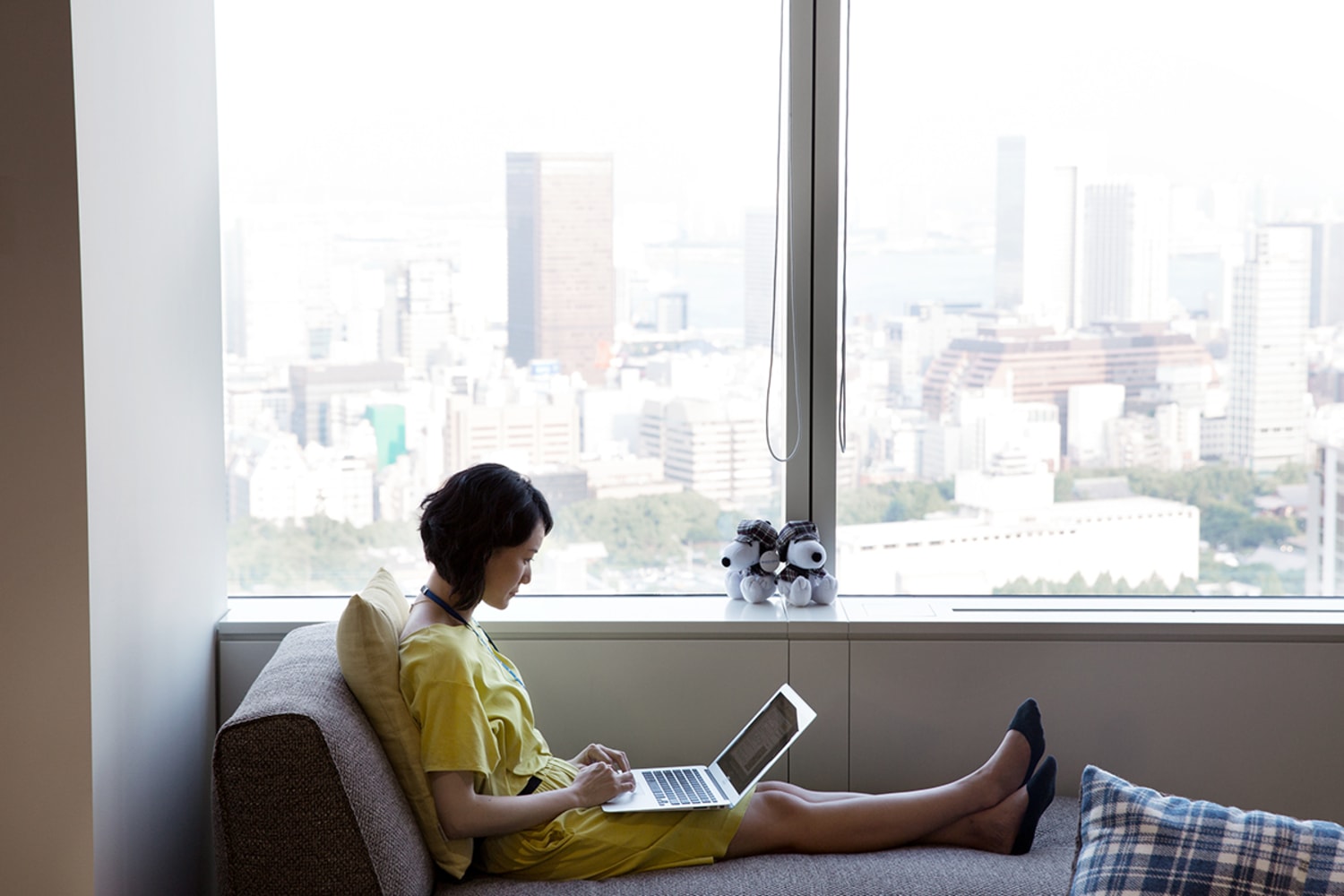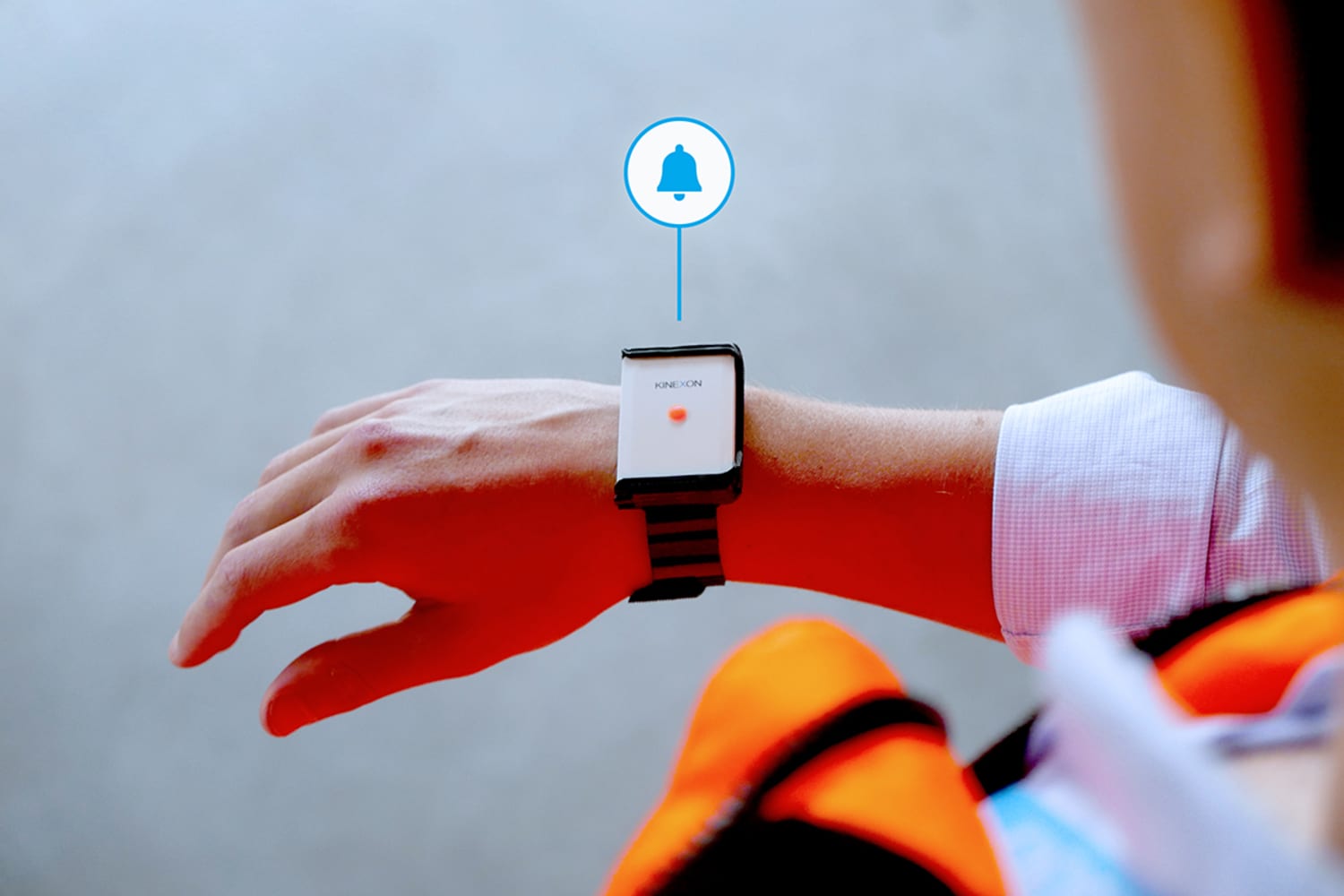For many, COVID-19 has radically changed the topography of a typical workday. Almost 4 in 10 people in Europe began working from home during the coronavirus epidemic, with the number increasing to half in countries like Finland, Belgium, the Netherlands and the UK. Although stay-at-home rules are now relaxing across much of Europe and the US, it’s unlikely that the workday is going to snap back to the way it was pre-pandemic. The corporate world is looking to a new future—one with a new commute, office space and schedule.
As fears remain about the use of mass transportation or even a return to car-congested streets, alternatives to public transit are being proposed. In New York City, the Metropolitan Transportation Authority (MTA) is reportedly considering a reservation system for subways and busses, which would require riders to book a seat to reduce crowding.

